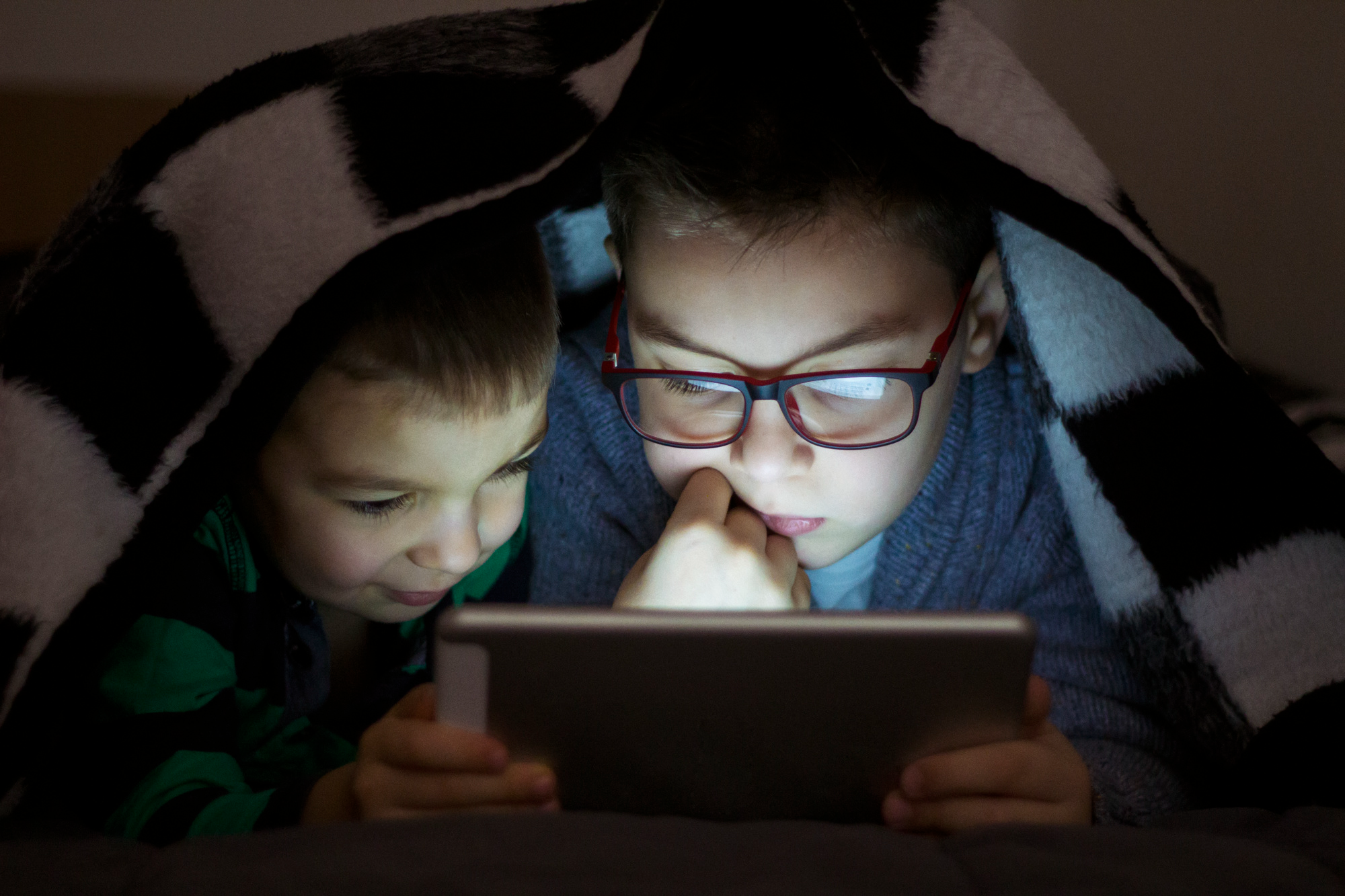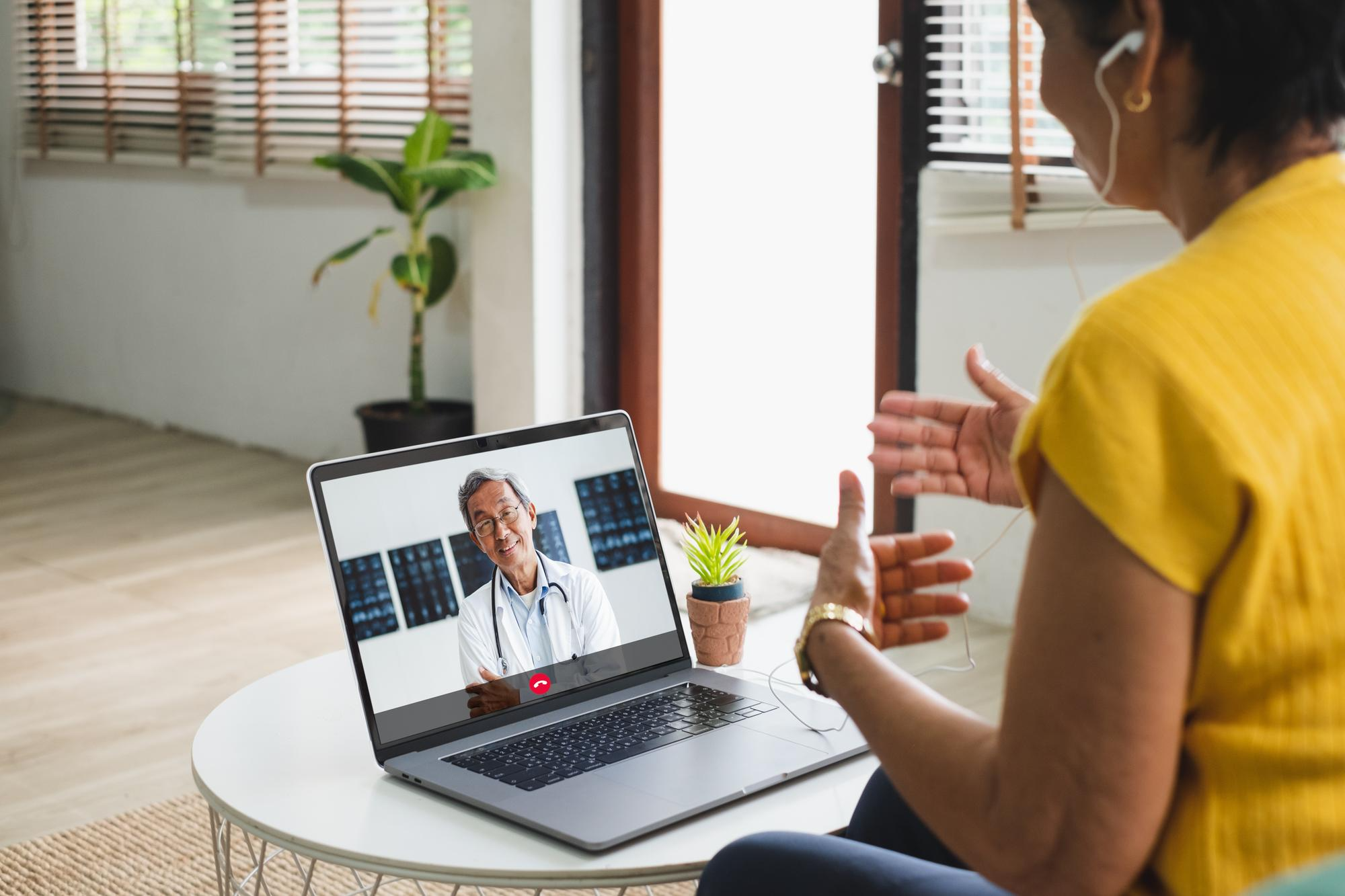
A depressed teenage boy sitting alone in a room with his phone.
In the present day, our lives are screen-centric. With smartphones and laptops, technology brings us together, keeps us entertained and assists in our work. Although the digital world has made life convenient, it has posed questions to our mental well-being. The key to a balanced, complete life lies in knowing how to safeguard our minds from this digital world.
Technology is a double-edged sword. It keeps us informed, allows us to seek online therapy and stay connected with loved ones around the world. However, it also subjects us to information overload, constant notifications and social comparison, all of which can be detrimental to our mental well-being. Research indicates that too much screen time is associated with elevated anxiety levels, bad sleep and declining attention. Social media, as much as it provides community and creativity, can generate inadequacy and isolation. Our technology habits can either feed or suck the life out of our mental health, depending on how carefully we use technology.
Digital wellness refers to maintaining a healthy relationship with technology. It refers to using digital tools in ways that enhance rather than harm our lives. Practicing digital wellness means setting boundaries, being aware of your screen habits and prioritising your mental space.
A few key signs that your digital habits may be affecting your well-being include:
The key is in how our brains react to technology. Each notification, like or message releases a dopamine release, the same neurochemical linked to pleasure and reward. This keeps us coming back for more even when it is not in our best interest. Technology firms plan apps with this in mind. Endless scrolling, push notifications and algorithmic feeds keep us addicted. Though these designs maximize engagement they can also cause digital burnout and emotional exhaustion.

Two kids using a phone in a dark room.
The intention is not to abandon technology but to utilize it mindfully. Here are actionable strategies to safeguard your mental well-being in the digital world:
Use built-in features such as Apple's Screen Time or Android's Digital Well-being dashboard to monitor usage. Limit apps and take frequent breaks as even a couple of minutes away from screens can revitalize your mind.
Establish tech-free times such as mealtimes, bedtime or during weekends. A digital detox allows your mind to rest and re-tune itself.
Unfollow those accounts that lead to comparison or negativity. Follow those pages that motivate, learn from and inspire you. Your online feed should improve your day.
Have time for in-person interactions. Small activities such as getting coffee with a friend or going for a walk outside can improve mood and minimise digital exhaustion.
Take part in activities that promote calm like meditation, journaling or quietly sitting. Treat yourself kindly, it's acceptable to step away from being always online.
Surprisingly, the same technology that stretches our brains can also improve mental well-being. Apps may also facilitate mindfulness and tele-therapy sites bring mental health care to millions. Online forums provide safe spaces for individuals to discuss their experiences and gain support. If used with purpose, digital tools can assist us in developing resilience and emotional intelligence and making technology a friend.

A woman receiving online therapy.
With clear progression into the digital age, mental health promotion has to become a collective responsibility. Employers can promote screen breaks, schools can include digital literacy in education and individuals can set a good example. Awareness is the key. Once we know how technology influences our thoughts and feelings, we can build a more balanced and more mindful use of the digital world.
The digital age isn't disappearing but neither will our desire for peace, presence and mental equilibrium. By embracing digital wellness and creating conscious boundaries, we can have the best of technology without sacrificing ourselves.
Your mental health is worth just as much attention as your online life, because success offline is the ultimate benchmark of success in the digital age.
We offer expert care across key specialties, including Medicine, Cardiology, Orthopaedics, ENT, Gynaecology, and more—delivering trusted treatment under one roof.
Prakash Hospital Pvt. Ltd. is a 100 bedded NABH NABL accredited multispecialty hospital along with a center of trauma and orthopedics. We are in the service of society since 2001.
OUR SPECIALITIES
Contact Us
D – 12A, 12B, Sector-33, G. B. Nagar, Noida, Uttar Pradesh 201301
+91-8826000033

© 2026 All rights reserved.
Designed and Developed by Zarle Infotech